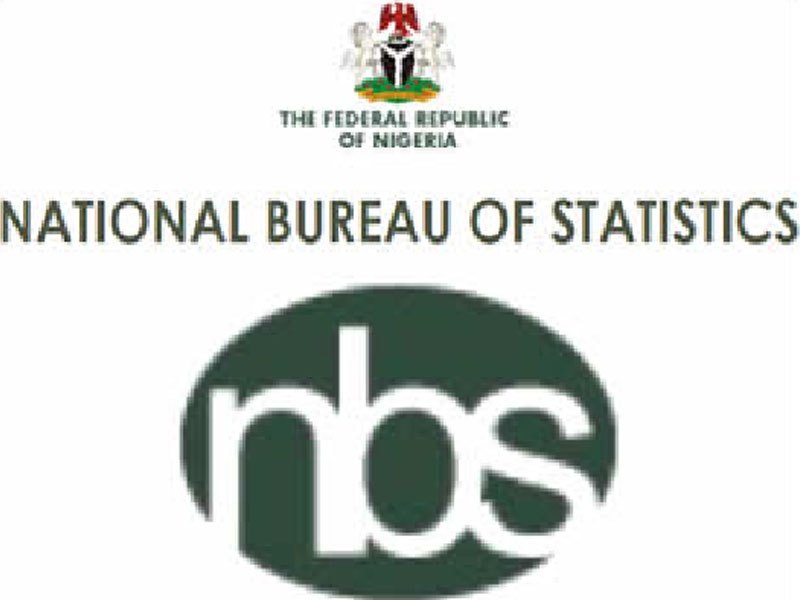Nigeria received $5.85 billion capital importation (inflows) in the first quarter (Q1) of 2020, as against $8.51 billion in Q1 2019.
This is according to the latest capital importation report released by the National Bureau of Statistics (NBS).
According to the NBS, the $5.85 billion worth of capital importation in Q1 2020 represents an increase of 53.97% when compared to how much was received in Q4 2019.
However, when compared to the corresponding first quarter period of 2019, the figure indicates a 31.19% decline.
Portfolio investment ($4.31 billion) accounted for 73.61% of the total capital importation, followed by other investments ($1.33 billion), which accounted for 22.73%, and Foreign Direct Investment ($214.3 million), which accounted for 3.66% of total capital importation.
Meanwhile, Bent crude gained on Tuesday’s London trading session, upon clear signs that major oil producers are sticking to commitments to reduce crude supply, even as more automobiles get back on the road following the lifting of COVID-19 lockdowns around the world.
Brent crude futures gained about 0.7%, to trade at $36.25, 6.50 am Nigerian time adding to a 1.1% gain on Monday in thin holiday trading.
Commenting on this, Will Sungchil Yun, a commodities analyst at VI Investment Corp said- “The market is starting to witness the effect of output cuts along with a reduction in inventories, while the global economy is on its path to recovery. Still, there’s caution with the absence of a cure for the pandemic as well as the possibility of a second wave of infections.”
The energy market’s bullish run was boosted by comments from Russia which reported that its oil output had nearly plunged to its target of 8.5 million barrels per day for May and June. Daniel Hynes, a senior commodity strategist at Australia and New Zealand Banking Group, told CNBC that “there’s definitely a feeling those cuts have come through as well as you could expect. “With economies restarting, the focus definitely is on the improvement in the fundamentals, rather than what seemed like a complete collapse in demand only a few weeks ago.”
Meanwhile, Russia’s energy minister, Alexander Novak, explained that a surge in fuel demand should help reduce the present global surplus of around 7-12 million barrels per day by June or July.
Early next month, OPEC+ members are expected to meet to discuss whether to maintain their supply cuts which are intended at shoring prices. Note that crude oil prices are still down by 45% since the beginning of 2020, a situation that had forced oil-dependent Nigeria to revise/readjust her 2020 national budget.

 Entertainment1 week ago
Entertainment1 week ago
 Entertainment4 days ago
Entertainment4 days ago
 Comments and Issues7 days ago
Comments and Issues7 days ago
 Comments and Issues7 days ago
Comments and Issues7 days ago
 Business1 week ago
Business1 week ago
 Health6 days ago
Health6 days ago
 Comments and Issues7 days ago
Comments and Issues7 days ago
 Football6 days ago
Football6 days ago

